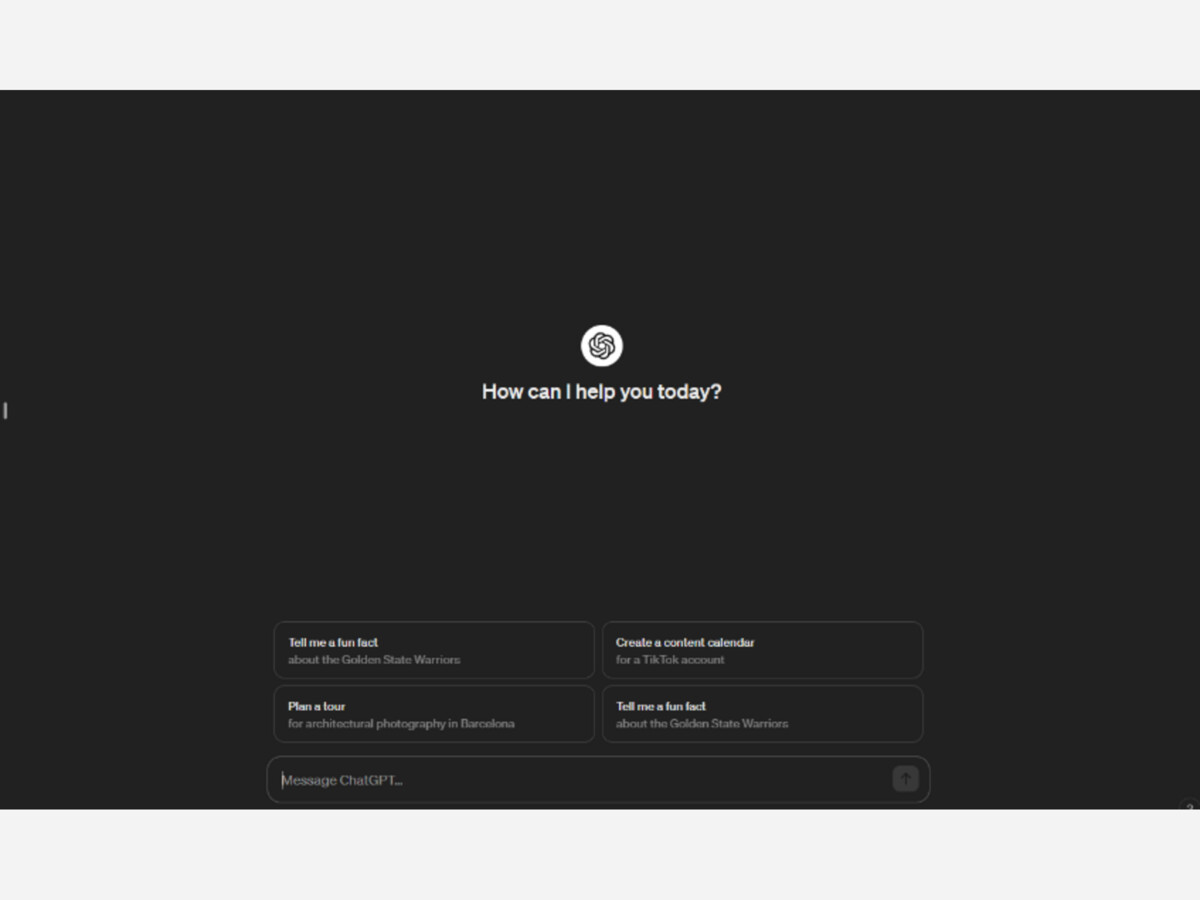Image

Nashua High School North puts out Official Policy on AI
by Alexander Linstad
It all starts with a seemingly “magical” website that can spit out an answer to any question within seconds. The rapid development of generative artificial intelligence, known more commonly by names such as ChatGPT, Google Bard, or Bing AI, has been lacklusterly regulated in institutions. In February 2024, the Nashua School District posted its first official guidelines on when it is acceptable to use AI, in policy IKL-R.
The board’s policy states, “While generative AI tools can assist in various tasks, maintaining integrity is paramount.”
Recent months have shown just how difficult it is to monitor whether or not AI has been used to fulfill the requirements of an assignment.
AI is the most detrimental to the English department. The communication and comprehension skills honed through these classes are necessary for success in post-high school life.
The use of AI can stagger the development of these skills, by providing an easy, near-effortless response to any prompt negating the need to brainstorm and organize thoughts into an essay.
Erin Brown, Nashua North English department head and teacher says, “I mean, I think there is a lot of great things coming out of AI, in terms of talking points, generating assignments, and rubrics… rather than being afraid we should embrace new technology and figure out how to teach students [to use constructively], not to [teach them to] run away”
Board of Education student representative Warren Farley said, “I think AI is a tool schools can use to teach students, but unfortunately it is a tool students can use to not do their assignments, but it is hard to find a balance.”
The board decided and posted that students should only use AI when authorized as long as they are doing authentic work and properly disclaiming its usage.
Farley thinks, “[Since] we updated it very recently and I think we did a very thorough discussion on it and unless there are some major changes made on AI, which I do not foresee in the near future, I think it’s good.”
Whether the policy will stand the test of time or become a constant point of revisitation is yet to be seen. The sense of urgency and alertness demonstrated by the Board in the case of this imperative issue holds promise that when the time comes when it needs to be changed, it will be made before the situation gets out of hand.
The Board of Education’s full policy can be read here.